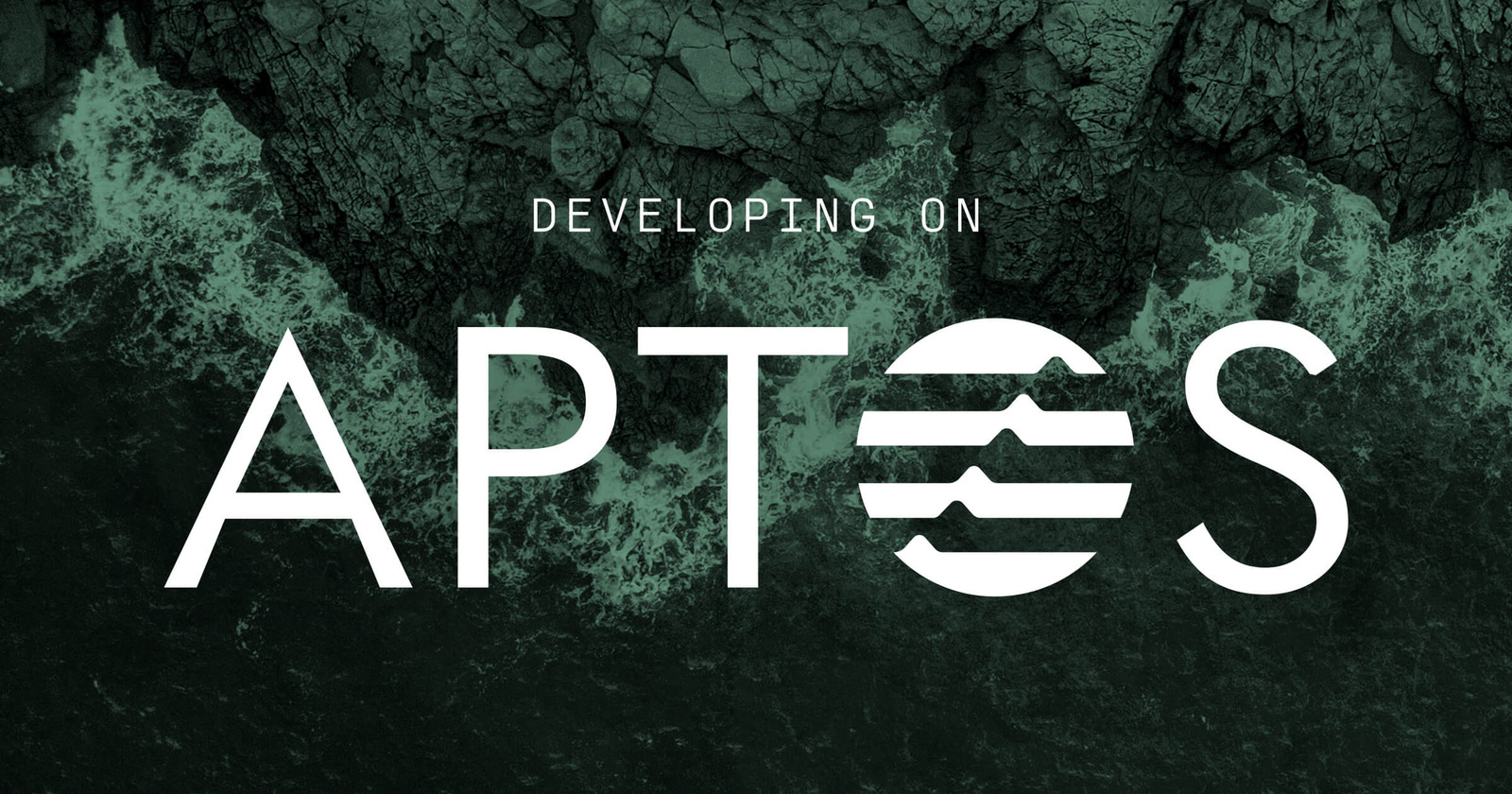Although E.U. politicians have abandoned plans to scan chat apps, privacy activists shouldn’t celebrate just yet.
The Council of the European Union’s presidency, held by Belgium, has abandoned plans to scan communications apps like Signal and WhatsApp.
Artificial intelligence (A.I.) would scan photographs, videos, and URLs in the Chat Control 2 proposal to bulk monitor user chats to find content that may involve child sexual abuse (CSAM).
On June 20, a vote on the contentious bill was called off because it was evident that it would need more votes to succeed.
The co-founder of Aleph Zero, a layer-1 blockchain that uses zero-knowledge proofs for private intelligent contracts, Matthew Nimerg, said that the legislation needed to be better thought out.
Law-abiding citizens’ rights are violated by the most recent client-side abuse monitoring technique, notwithstanding its good intentions to stop people from using and distributing unlawful content. To avoid forgetting the past, snooping on people in the name of public safety should never be an option, according to Nimberg.
Nimberg continued by saying that if the law were to be passed, it would affect regular people more than criminals.
Nimerg says, “This proposal only harms good actors and wouldn’t even stop technically savvy criminals from using other open-source software tools to bypass the law.”
Give-ins and a mission creep
The E.U. sent chat control legislation for the first time in 2023, and since then, it has undergone multiple revisions.
The E.U. initially suggested far more expansive powers that would have given parliamentarians access to audio and text messages. The bill’s scope was reduced when it became apparent that the European Parliament would not approve it; now, only an A.I. algorithm would be used to scan URLs, photos, and videos.
Furthermore, to use this functionality, app users would need to authorize scans. However, detractors think that weaker regulation may end up being the thin side of the wedge.
That regulation “begins a slippery slope and allows regulators to put a foot in the door to prevent people from using other cryptography technologies, such as privacy-enhanced decentralized applications deployed on a blockchain,” Nimerg said.
Regulators may or may not agree with the measure, even though it has not been passed by parliament. Because of this, the Chat Control 2 law might yet be passed in a different version.
European Parliament (MEP) member and privacy advocate Patrick Breyer made the following declaration in a statement published on June 20:
“Without the commitment and resistance of countless individuals and organizations in Europe, the EU government would have decided today in favor of totalitarian indiscriminate chat control, burying the digital privacy of correspondence and secure encryption.”
Something to learn from the UK
From the perspective of the United Kingdom, the E.U. bill represents an increasing tendency toward government meddling and overreach.
The Online Safety Bill, a comprehensive piece of legislation that curtailed private rights in the name of safeguarding minors, was passed by the United Kingdom in October 2023.
However, the bill’s goals went beyond only ensuring public safety. It also aims to outlaw coercive behavior, sexual assault, human smuggling, suicide, self-harm, narcotics, weapons, terrorism, and animal cruelty.
As such, the U.K. bill offers an ideal model for how an E.U. anti-child abuse measure may develop into other domains after it is implemented.
WhatsApp and Signal threatened to completely withdraw from the U.K. in response to the new regulations.
When Stephen Parkinson, the U.K. Minister for Arts and Heritage, made it clear that regulators would only step in when scanning content was “technically feasible,” which it is not at this time, the issue was avoided.
This was sufficient to appease Signal and WhatsApp in the short run, but it implies that someone else will have to solve the issues brought up by the U.K.’s Online Safety Bill in the future.
Mark Johnson, the campaign manager for the British civil rights organization Big Brother Watch, discussed the U.K. bill and its E.U. equivalent.
“It is good to hear that the E.U. has halted their planned chat control regulations. Although the U.K. would not have been directly affected by these measures, Johnson noted that British privacy would be impacted by any laws allowing governments to snoop on widely used messaging services like WhatsApp.
Now what?
Johnson said that he hoped the United Kingdom would reconsider its laws that violated people’s privacy.
What happens when the E.U. reconsiders its laws is the current question.
Breyer contends that the courts should be the only authority to compel searches on messaging apps.
“This is the only way to avoid a disproportionate mass surveillance order that will ultimately fail in court and accomplish absolutely nothing for children,” the MEP continued.



